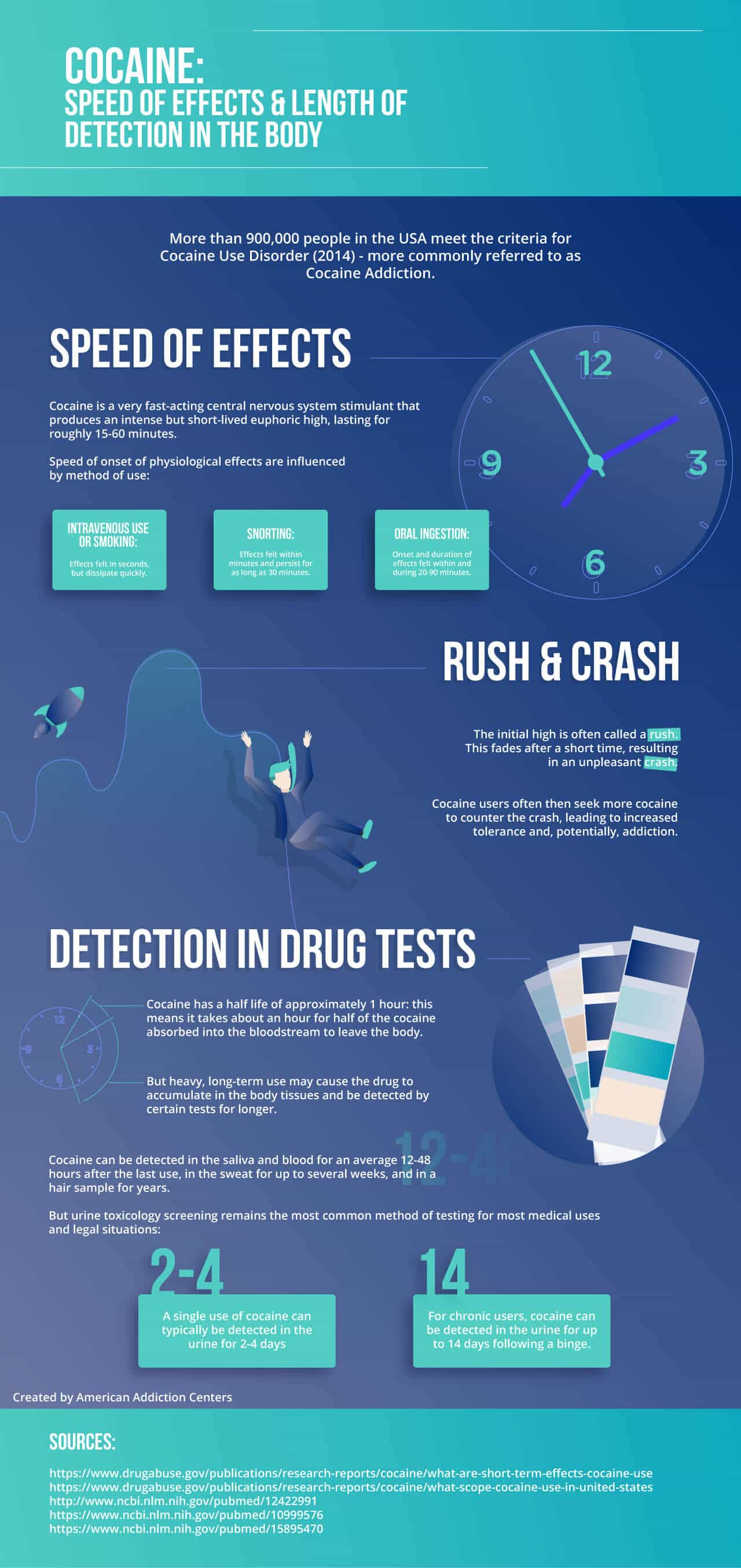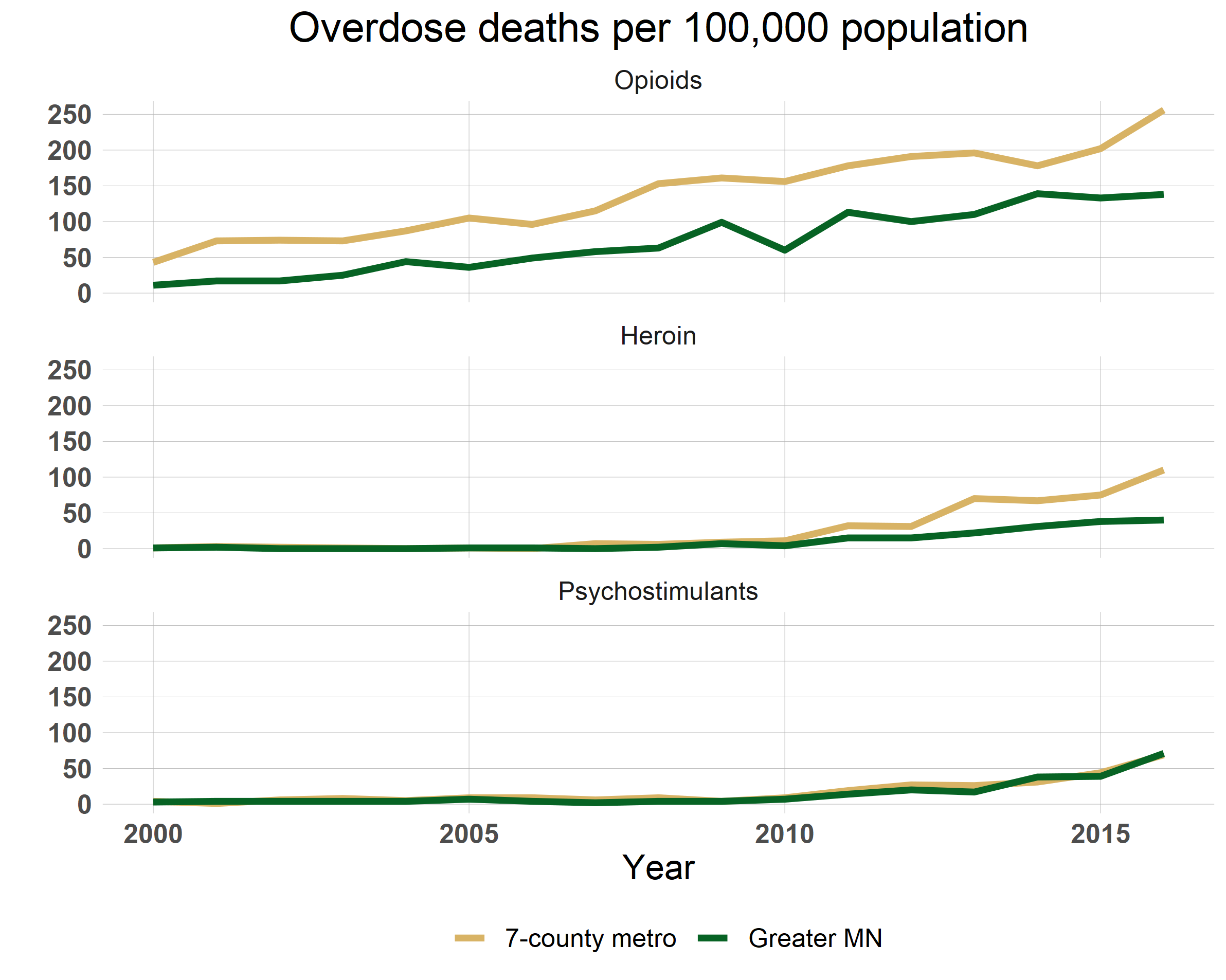Nevertheless, numerous lines of evidence link a sleep phase referred to as Rapid Eye Movement sleep. After you fall asleep, your brain https://who-wrote-cocaine.drug-rehab-florida-guide.com/ gets in 3 gradually deeper stages of non-REM sleep, which is mainly dreamless. After about 90 minutes, it gets in REM sleep, which is when most dreaming takes place. Usually, the brain will cycle through these phases numerous times in the course of a night's sleep, with the REM stages getting gradually longer.
Research study recommends that we process psychological memories during healthy Rapid Eye Movement sleep, assisting us "unlearn" frightening or unpleasant experiences. Els van der Helm and Matthew Walker, sleep researchers at the University of California, Berkeley, have hypothesized that the normal pattern of psychological processing that happens during REM sleep breaks down in people with anxiety.
Surprisingly, in some people, total sleep deprivation can quickly lift depression, though only temporarily. Van der Helm and Walker believe that this may operate in similar way as the antidepressants by depriving the brain of this dysfunctional kind of Rapid Eye Movement. Problems with REM sleep likewise appear to play a role in post-traumatic stress disorder (PTSD).
A evaluation of research study suggests that the drug prazosin, which physicians typically prescribe for hypertension, can relieve the problems of military battle veterans with PTSD.Noradrenaline suppresses REM sleep. By lowering the hormone's concentration in the brains of veterans with PTSD, prazosin might promote more efficient Rapid Eye Movement, which then eliminates the psychological label that is triggering their persistent headaches.
In addition to examining the occurrence and nature of sleep troubles in individuals with these conditions, the researchers will arbitrarily appoint individuals with sleep issues to receive either their typical care or treatment at a sleep clinic. Describing their upcoming study in the journal BMC Psychiatry, the psychiatrists compose:" Despite a high occurrence of sleep conditions and established negative effects on mental health, little attention is paid to sleep issues in mental healthcare.
What Affects Can Parents Have On Their Childrens Mental Health Things To Know Before You Get This
Sleep is as important to our health as consuming, drinking and breathing. It permits our bodies to repair themselves and our brains to combine our memories and procedure info. Poor sleep is linked to physical issues such as a weakened immune system and mental illness such as anxiety and depression.
This consists of easy methods to improve your 'sleep hygiene', such as adjusting the light, sound and temperature in the bedroom and changing your eating, drinking and workout routines, advice which can likewise be discovered in Sleep Well, our handy pocket guide to better sleep. The report also consists of guidance on how Cognitive Behavioural Treatment can be more effective in assisting individuals with long-lasting insomnia than medication, and how NHS policy might be changed to reflect this reality.

Have you ever gone to bed worried about an important, morning meeting? You know you need to be well rested in order to put your finest foot forward, so you invest the entire night lying broad awake considering how you actually need to fall asleep? It's something we've all experienced.
Dealing with the rare agitated night is one thing, however for lots of people, restlessness isn't a separated incident. In reality, it's approximated that 40 million Americans have a chronic sleep disorder. And with sleep and psychological health being so closely associated, there's an indisputable connection happening. 50% to 80% of people looking for psychological healthcare also experience concerns with sleep, and those who are experiencing depression, stress and anxiety, or ADHD are particularly most likely to face sleep as well.
Nevertheless, more recent research study has actually recommended that this might not be the whole story. These research studies have discovered that sleep disturbances might really be working as a trigger, raising your risk of establishing a psychological health condition. While scientists aren't precisely sure why this is, they have discovered some connections.
How Illness And Disease Affects Our Mental Health Fundamentals Explained
Research studies have actually revealed that Rapid Eye Movement assists our brains enhance finding out skills, memory, and general emotional health. When this type of sleep is interfered with, our neurotransmitters and tension hormonal agents are also interfered with. Therefore, this disturbance can intensify any already-present signs of psychological health conditions and vice versa. Numerous research studies have revealed that as much as 90% of adults and kids with depression also experience some type of sleep problem.
One longitudinal study found that individuals with insomnia were four times more most likely to develop depression than their non-insomniac counterparts. A number of other studies have actually looked at the relationship in between sleep and depression in young people. Interestingly, they discovered that sleep issues began prior to their depression did. It's approximated that over half of adults experiencing generalized stress and anxiety disorder also have sleep issues.

Being nervous can make it difficult to fall or remain asleep, which can then trigger stress and anxiety about losing sleep. One study found that over half of people afflicted with both sleep issues and stress and anxiety established anxiety specific to going to sleep in the evening. Much like anxiety and sleep, losing quality rest can magnify the signs of stress and anxiety.
There are less research studies on the effects of ADHD on sleep, but numerous grownups and kids with ADHD will experience similar sleep disruptions. Many sufferers will often experience "perverse sleep" being awake when it's time for bed and being tired when it's time to be awake. Individuals with ADHD will often report issues with dropping off to sleep, remaining asleep, and getting deep, restful sleep.
Acknowledging the power of sleep and its relationship with psychological health is more crucial than ever in today's busy, restless culture. Comprehending how one affects the other not just assists in getting the most precise diagnoses, but also help in enhanced treatments for both conditions. For more information about Neurocore's med-free sleep program, provide us a call at 800.600.4096.
The Ultimate Guide To How Anime Affects Mental Health
Do you often work longer in the night? Do you invest a lot of time partying with buddies into the early hours? Or do you have kids who typically keep you awake in the evening? With work, family and other life dedications, a number of us just do not get the suggested 7 or 8 hours of sleep.
It can be easy to dismiss sleep as not being necessary in preserving a mentally healthy lifestyle however are we missing out on a technique? How important is a great night's sleep to how we function psychologically? of discusses why sleep is so crucial to our, and what we can do to assist improve our sleeping habits - how does socioeconomic affects latino mental health studies.
The results of one research study (Yoo, Gujjar et al (2007 ). A deficit in the capability to form brand-new human memories without sleep. Nature Neuroscience, 10( 3 ), 385-392) suggest that a night of peaceful sleep may 'reset' brain reactivity in order to get ready for psychological obstacles the next day. Sleep has a crucial corrective function in 'charging' the brain at the end of every day, similar to we need to charge a mobile phone battery after extended usage.
Continuous bad sleep can be a big risk element for the development of major depressive condition. The risk of sensation and/or (along with getting worse existing anxiety and anxiety) increases with the seriousness of, and so it is essential to identify and figure out sleep problems as quickly as they are recognized.